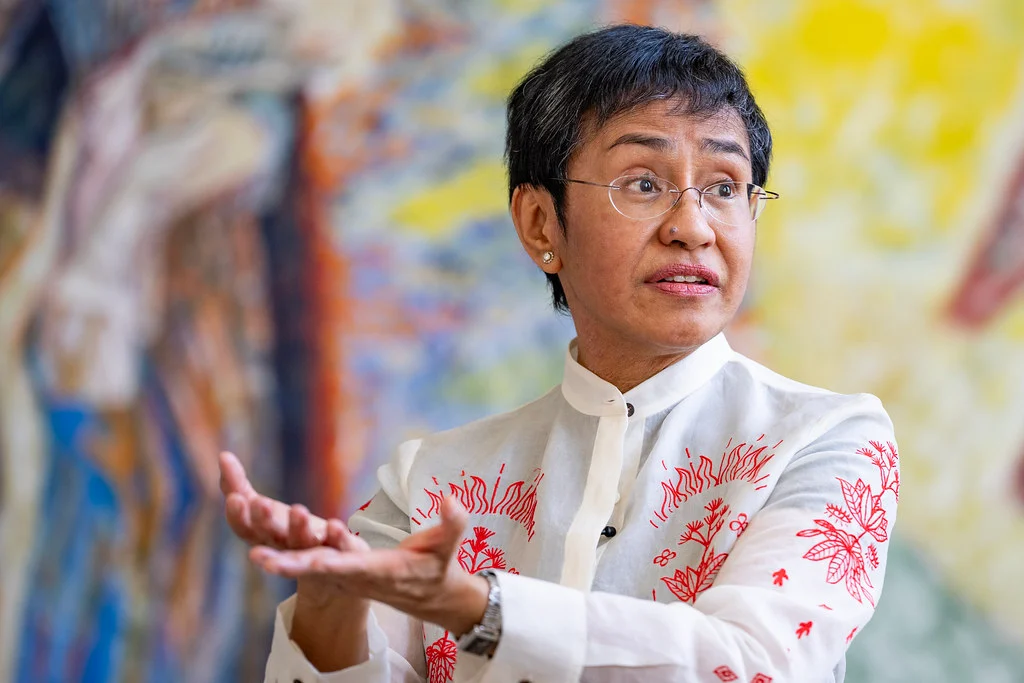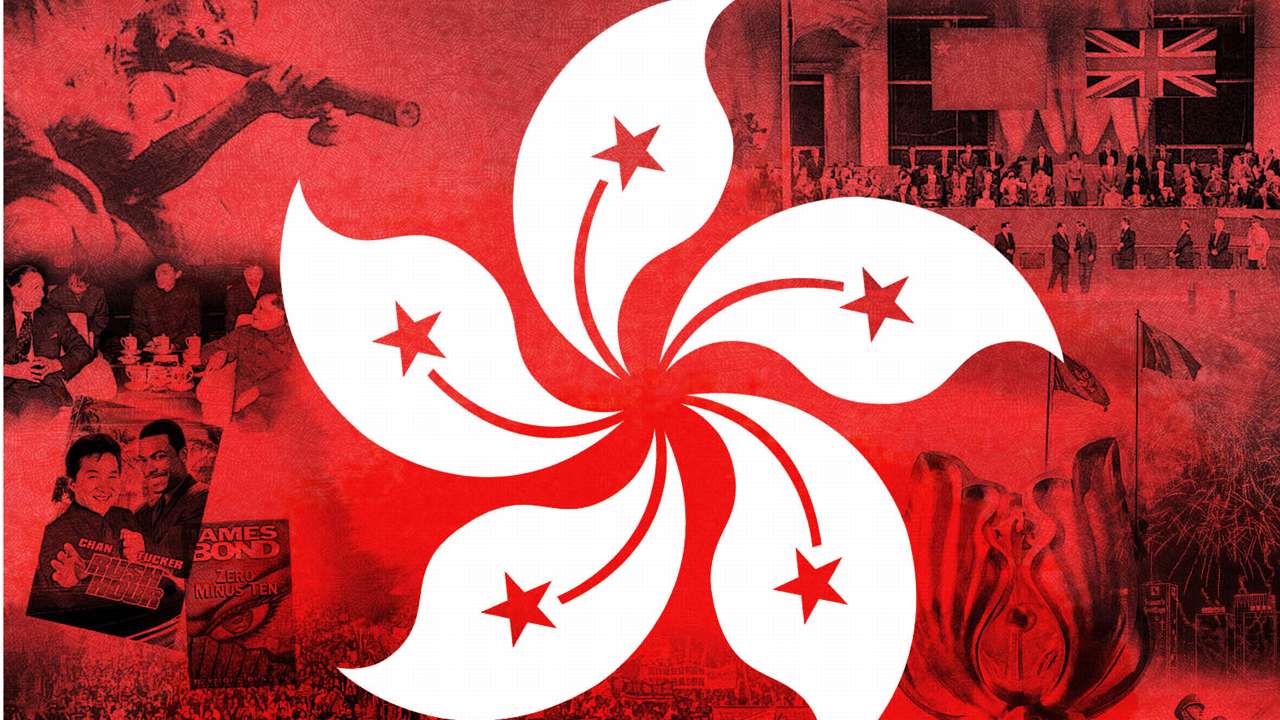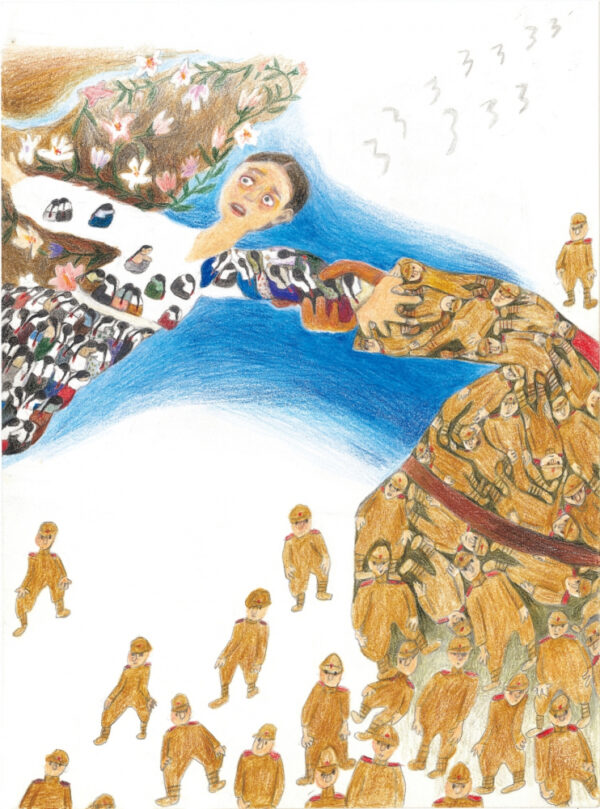Widely condemned for his violent anti-drug crackdowns, former Philippines president Rodrigo Duterte had once stood steadfast and firm by the extrajudicial killings he ordered while in office. Nearly a decade after he made such promises in his 2016 election campaign, the arrest of Duterte by national authorities in accordance with an ICC arrest warrant has sparked a fresh wave of discourse about the democratic rigour behind politics in the Philippines—looking both retrospectively and into the future.[1] While we are yet to see the full implications of Duterte’s detention for the domestic political climate, it has saliently evoked memories of Duterte’s rule as president, along with the transition into the presidency of his successor, Ferdinand Marcos Jr. A closer look at this transitory period invites us to take stock of the continually shifting political atmosphere and recognize that democratic backsliding is steadily accelerating in the Philippines. As a most salient factor, social media’s propensity to catalyze political organizing and rapidly disseminate disinformation has had implications throughout both of the Philippines’ recent presidencies.
Scholars have identified a trend of “democracy fatigue” within Philippine politics, arguing specifically that people are losing confidence in democratic institutions as well as the idea of democracy itself. For Filipino voters, this sentiment was largely reflected by the support for several of Duterte’s repressive policies during his tenure as mayor of Davao City, and later, during his presidency. Many of his public remarks have outright expressed disregard for due process as well as disrespect for gender equality and rights: when an Australian missionary was sexually assaulted and murdered in 1989 in Davao City, Duterte lamented that he should have been “first in line” among the men who took part in the crime.[2] When the impact of the COVID-19 pandemic left communities jobless and struggling, Duterte ordered the Philippine National Police to “shoot them dead”. A few theories behind the apparent tolerance (and enthusiastic support, event) of this strongman governance by the general populace could posit that bureaucratic processes are widely regarded as being slow to translate into implementation, or that democracy has often failed to achieve better conditions for citizens.[3] At the cusp of Duterte’s presidency, increased social polarization had more or less consolidated democratic regression.[4] However, the measure of democracy’s ability to prevail requires another piece of the puzzle to compute: how much of Duterte’s election was actually democratic?
Online campaigning through social media proved to be an integral source of support for Duterte’s 2016 electoral victory. Duterte’s online supporters, while more active, networked, and engaged than the supporters of any other candidate, did not particularly exhibit behaviours that were indicative of organic and authentic campaign initiatives: rather, their actions seemed consistent with those of paid trolls and influencers.[5] Social media spaces, particularly Facebook, helped ardent supporters advance their online attempts to spread disinformation to discredit competitors while circulating praise of Duterte’s accomplishments and credentials. When questioned in a 2017 post-electoral survey of Filipino Facebook users, supporters of Duterte generally shared that they had affirmed their support for their preferred candidate earlier than his opponents’ supporters in addition to being more likely to join offline political rallies[6]. Mocha Uson, a popular singer and model who leveraged her blog to campaign for Duterte, notably attracted 4 million likes and around 1.2 million overall engagements each week.[7] Consequently, a key implication of the mobilization of Duterte’s supporters was the emergence of “networked disinformation,” entailing online spaces dominated by influencers, trolls, and other actors incentivized by profit that resulted from little government oversight and regulation.[8] The difficulty of effectively regulating online spaces hosted by social media platforms ultimately creates conditions that allow rapid dissemination of disinformation and credible news alike.
The mobilization of social media users during the 2016 election crystallized an increasingly unregulated and fraught online political landscape for the 2022 election cycle. Expanded capacity for disinformation to prop up false and exaggerated narratives helped increase Marcos Jr.’s supporters’ propensity to manipulate the historical context surrounding their preferred candidate. Memory framing is weaponized in the case of rewriting and shaping public perception of the late Marcos Sr.’s dictatorial rule from 1965 to 1986, which featured a bloody and unstable period of history marked by the declaration of martial law. The declaration of martial law by Marcos Sr., however, is nowhere to be found in the Marcos Museum in Batac, and instead distorted into a narrative of valorization.[9] Social media influencers have proliferated online content packaged into YouTube videos and TikTok clips to characterize the tenure of Marcos Sr. as a “golden age,” while simultaneously aiming to portray the Marcoses as a relatable and unpretentious bourgeois family.[10] Another crucial element of the post-Duterte intertwining of social media and electoral politics eventually solidified as an emotive construction of the country’s voter base: online political content shifted towards being emotional and provocative in nature, designed to evoke reactions and quickly capture readers’ attention. Influencers, whose content saliently shaped the thoughts and actions of ordinary voters, took a leading role in spreading a narrative that depicted the Philippines as a country in imminent danger of becoming a narco-state ruled by drug lords, and thus in need of rescue through strongman rule.[11] The only step left was to convince voters that Marcos Jr. was evidently the candidate up to the task.
Mechanisms including networked disinformation and the provocative content promulgated online worked to secure the buy-in of voters susceptible to the false narratives and historical distortion put in motion. With younger demographics comprising most of the voter base, there is likely to be a greater uptake of ideas suggesting that the rule of Marcos Sr. truly was a prosperous time for Philippine politics given that these individuals did not have firsthand experience or memories of the Marcos regime.[12] This is further supplemented by gaps in the education system, which has left voters less educated about the harms and damage stemming from the era of martial law and its associated human rights abuses, subsequently contributing to a lack of negative perception and knowledge of Marcos Sr.’s rule.[13]
In spite of the recent developments surrounding Philippine elections, the electoral process itself is not necessarily a paramount sign of democratic decline. As scholars Athena Presto and Nicole Curato argue, citizens should not be seen as passive recipients of propaganda or as victims of disinformation, but rather, as agents that actively negotiate and reinterpret populist appeals in the contexts of their everyday lives.[14] To this end, Filipino voters are not demanding radically different models of governance, but instead, rejecting democratic principles in the context of electoral politics. Authoritarian rule is pervasively creeping up on the electorate, but the issues exacerbated by strongman populist leaders such as Duterte and Marcos Jr. are deserving of independent, separate approaches. The 2025 ICC arrest of Duterte provides hope for citizens of the Philippines that maintaining a rules-based order is not out of the question.
Maria Ressa, a Filipina journalist known for co-founding the propaganda-exposing Rappler news site and 2021 Nobel Peace Prize laureate, recently emphasized the significance of staying alert and aware of social media’s use to undermine democracy on a global scale. Having sought to bring light to the rampant extrajudicial killings carried out under Duterte’s administration, Ressa’s journalistic efforts to defend media freedom and levy critiques against the government have netted her extreme government suppression including criminal charges and arrests, alongside worldwide recognition for her unwavering commitment to combatting disinformation in the Philippines. Claiming that Duterte had become the first president “elected with social media,” Ressa has redirected present discourse to center on powerful players in the technology and social media sphere, such as Mark Zuckerberg and Elon Musk.[15] Her takeaway—that the impunity of tech giants can be restricted so long as citizens move to limit the control they exert—offers hope against a backdrop of an increasingly polarized and authoritarian political landscape in the Philippines. Duterte’s ICC arrest is a hopeful reminder of the potential for due process to prevail, but victories in the regards of the rule of law must be met with democratic advocacy (perhaps from grassroots efforts) on the ground to collectively materialize change.
To this end, Ressa’s commentary is saliently evocative of the importance of building solidarity amidst activism:
“What we learned in the Philippines is that you are at your greatest power when the attacks begin. If you are silent, you give consent. If you are silent, you give up your rights. If you do not protect your rights today, what’s destroyed takes a hell of a long time to rebuild.”[16]
Silin is a third-year student pursuing a double major in Peace, Conflict, and Justice Studies & Contemporary Asian Studies along with a minor in Political Science. Her research interests include climate resilience, equitable education reform, and gender in politics, building on her prior work in researching food justice and related patterns of inequity in the Greater Toronto Area. As a Contributor at Synergy, she hopes to explore the approaches taken by Asian states to shifting global power balances and transnational challenges through an interdisciplinary lens.
Bibliography
Arugay, Aries A., and Justin Keith A. Baquisal. 2022. “Mobilized and Polarized: Social Media
and Disinformation Narratives in the 2022 Philippine Elections.” Pacific Affairs 95 (3):
549–73. https://doi.org/10.5509/2022953549.
Bünte, Marco. 2021. “Democratic Backsliding and Authoritarian Resilience in Southeast
Asia: The Role of Social Media.” In From Grassroots Activism to Disinformation: Social
Media in Southeast Asia, edited by Aim Sinpeng and Ross Tapsell, 192–212. ISEAS
Publishing. https://doi.org/10.1355/9789814951036-011.
Dulay, Dean, Allen Hicken, Anil Menon, and Ronald Holmes. 2023. “Continuity, History, and
Identity: Why Bongbong Marcos Won the 2022 Philippine Presidential Election.”
Pacific Affairs 96 (1): 85–104. https://doi.org/10.5509/202396185
Hsu, Chia Chi. 2021. “The Marcos Dynasty Is Built on Constructed Memories.” Southeast Asia Globe. November 16, 2021. https://southeastasiaglobe.com/memory-marcos-dynasty-ferdinand-bongbong/.
Presto, Athena Charanne, and Nicole Curato. 2024. “Authoritarian Fantasies and Democratic
Aspirations: The Philippines After Duterte.” In The Palgrave Handbook of Political Norms in Southeast Asia, edited by Gabriel Facal, Elsa Lafaye de Micheaux, and Astrid Norén-Nilsson, 227–45. Singapore: Springer Nature.
https://doi-org.myaccess.library.utoronto.ca/10.1007/978-981-99-9655-1_14
Kassam, Ashifa. 2025. “Duterte’s Arrest Gives ‘a Sense Impunity Ends’, Says Nobel Peace Prize Winner.” The Guardian. The Guardian. March 18, 2025. https://www.theguardian.com/media/2025/mar/18/rodrigo-duterte-social-media-democracy-disinformation-maria-ressa.
Rafael, Vincente. 2022. “The Return of the Marcoses.” New York Review of Books, 2022. https://www.academia.edu/83526456/The_Return_of_the_Marcoses
Tapsell, Ross. 2020. “Social Media and Elections in Southeast Asia: The Emergence of Subversive, Underground Campaigning.” Asian Studies Review 45 (1): 117–34. https://doi.org/10.1080/10357823.2020.1841093.
The Economist. 2025. “The Global Importance of Rodrigo Duterte’s Arrest.” The Economist. March 11, 2025. https://www.economist.com/asia/2025/03/11/the-global-importance-of-rodrigo-dutertes-arrest.
- The Economist. 2025. “The Global Importance of Rodrigo Duterte’s Arrest.” The Economist. March 11, 2025. https://www.economist.com/asia/2025/03/11/the-global-importance-of-rodrigo-dutertes-arrest. ↑
- Presto, Athena Charanne, and Nicole Curato. 2024. “Authoritarian Fantasies and Democratic Aspirations: The Philippines After Duterte.” In The Palgrave Handbook of Political Norms in Southeast Asia, edited by Gabriel Facal, Elsa Lafaye de Micheaux, and Astrid Norén-Nilsson, 227–45. ↑
- Presto and Curato. 2024. “Authoritarian Fantasies,” 227–45 ↑
- Bünte, Marco. 2021. “Democratic Backsliding and Authoritarian Resilience in Southeast Asia: The Role of Social Media.” In From Grassroots Activism to Disinformation: Social Media in Southeast Asia, edited by Aim Sinpeng and Ross Tapsell, 192–212. ↑
- Arugay, Aries A., and Justin Keith A. Baquisal. 2022. “Mobilized and Polarized: Social Media and Disinformation Narratives in the 2022 Philippine Elections.” Pacific Affairs 95 (3): 549–73. ↑
- Arugay and Baquisal. 2022. “Mobilized and Polarized,” 549–73 ↑
- Tapsell, Ross. 2020. “Social Media and Elections in Southeast Asia: The Emergence of Subversive, Underground Campaigning.” Asian Studies Review 45 (1): 117–34. ↑
- Arugay and Baquisal. 2022. “Mobilized and Polarized,” 549–73 ↑
- Hsu, Chia Chi. 2021. “The Marcos Dynasty Is Built on Constructed Memories.” Southeast Asia Globe. https://southeastasiaglobe.com/memory-marcos-dynasty-ferdinand-bongbong/. ↑
- Rafael, Vincente. 2022. “The Return of the Marcoses.” New York Review of Books, 2022. https://www.academia.edu/83526456/The_Return_of_the_Marcoses ↑
- Tapsell. 2020. “Social Media and Elections in Southeast Asia,” 117–34. ↑
- Dulay, Dean, Allen Hicken, Anil Menon, and Ronald Holmes. 2023. “Continuity, History, and Identity: Why Bongbong Marcos Won the 2022 Philippine Presidential Election.” Pacific Affairs 96 (1): 85–104. ↑
- Dulay et al. 2023. “Continuity, History, and Identity,” 85–104. ↑
- Presto and Curato. 2024. “Authoritarian Fantasies,” 227–45 ↑
- Kassam, Ashifa. 2025. “Duterte’s Arrest Gives ‘a Sense Impunity Ends’, Says Nobel Peace Prize Winner.” The Guardian. The Guardian. March 18, 2025. https://www.theguardian.com/media/2025/mar/18/rodrigo-duterte-social-media-democracy-disinformation-maria-ressa. ↑
- Kassam, 2025. “Duterte’s Arrest…” ↑








